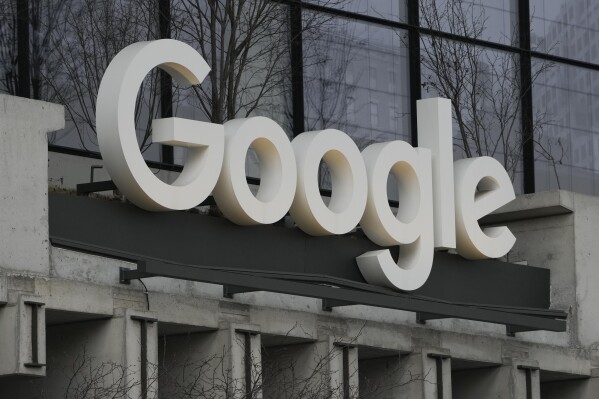SAN FRANCISCO, Calif. (AP) – A federal judge ordered Google on Monday to tear down digital walls that shielded its Android app store against competition as a penalty for maintaining an illegal monopoly which helped expand the internet empire of the company.
The injunction issued to Google by U.S. district judge James Donato will force the Mountain View, California company to make changes it had been resisting. This includes a provision requiring its Play Store for Android applications to distribute rival third party app stores, so that consumers can download them if they wish.
The order of the judge will also allow rivals to access the millions of Android applications in the Play Store, allowing them a competitive selection.
Donato has given Google until November to make any changes that are required by his order. The company had claimed it would take between 12 and 16 months to create the safeguards necessary to reduce the likelihood of potentially malicious software infecting Samsung phones and other mobiles devices running its free Android software.
The court-mandated revamp is intended to prevent Google from blocking competition in the Android apps market. This is part of an attempt to protect a system of commissions that has been a boon to one of the most prosperous companies in the world and helped raise the market value for its corporate parent Alphabet Inc. up to $2 trillion.
Google announced in a blog that it would ask the court to pause any pending changes and would appeal the court’s ruling.
Donato also ruled, for a three-year period ending Nov. 1, 20,27, that Google will not be able share revenue from the Play Store with anyone distributing Android apps or considering launching a platform or store to distribute Android apps. It can’t also pay developers or share revenue to encourage them to launch an app exclusively in the Google Play Store. Manufacturers can’t be paid or shared revenue so they will preinstall the Google Play Store on a specific location on Android devices. It won’t also be able tell customers they can download apps cheaper elsewhere or require them to use the Google Play Store billing system.
Google’s Play Store has earned billions of dollars per year for years. This is primarily due to the 15% to 30% commissions it charges on digital transactions made within Android apps. It’s the same fee structure that Apple uses in its iPhone app store. Epic Games filed antitrust suits four years ago to encourage competition and lower prices for both app developers and consumers.
A federal judge sided with Apple largely in a decision made in September 2021 that was upheld on appeal by a court of appeals. A jury, however, sided with Epic Games following a four-week long trial that was completed last year. The verdict branded the Play Store an illegal monopoly.
This prompted Donato to hold another round of hearings in order to determine what steps to take to restore fair competition. Google argued Epic Games wanted extreme changes that could cost the company up to $600 billion. Epic argued that Google could even the playing field with as little as $1,000,000. It’s not clear how much Google will pay for the changes ordered by Donato.
Donato’s decision could still have a ripple effect on the iPhone app store, even though Epic lost its antitrust lawsuit against Apple. Another federal judge will be evaluating whether Apple makes it easy for consumers to pay for digital transactions. Apple was required to allow in-app payments through U.S. District Court Judge Yvonne Gonzalez Rogers in that case. Epic, however, claims that the provision is being undermined by the creation of a new commission system which stifles the consumer’s choice.
The upcoming Play Store shakeup may be the first shock antitrust law delivers Google. U.S. District judge Amit Mehta declared Google’s dominant Search Engine to be an illegal Monopoly in August, in the largest antitrust case brought to the U.S. Justice Department for the past quarter century. He is now preparing to begin hearings to determine how to punish Google. Google is appealing Mehta’s ruling in the case of the search engine in order to avoid a penalty which could harm its business more than the Play Store changes.
Read More @ apnews.com




